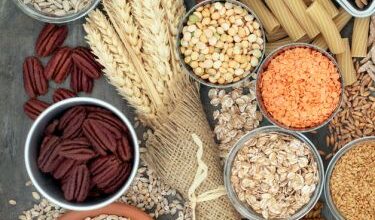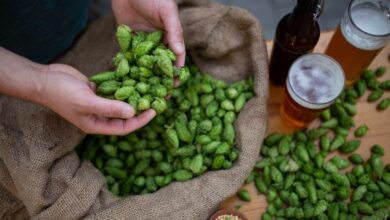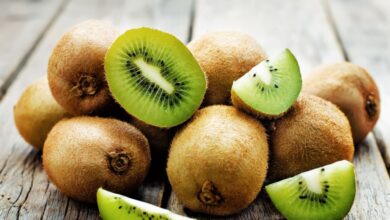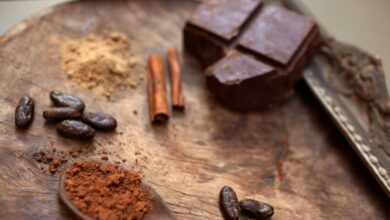What to Eat and Avoid with Gastritis

Gastritis involves inflammation of the stomach lining, which can be acute or chronic. Causes for acute gastritis include excessive alcohol consumption, medication use, or stress, while the Helicobacter pylori bacterium is a common culprit for chronic gastritis. Symptoms of gastritis include acid reflux, stomach pain, nausea, and vomiting. While medications prescribed by a doctor can address gastritis, certain dietary adjustments at home can help alleviate symptoms.
Dos and Don’ts for Gastritis:
- Avoid Irritating Foods: Steer clear of foods that irritate the stomach lining and burden the stomach, such as those high in gluten, acidic, sweet, and processed foods. Acidic fruits and vegetables like tomatoes and citrus fruits, as well as strong-smelling raw ingredients like onions and hot peppers, should be avoided.
- Choose Low-Acidity Fruits and Vegetables: Opt for fruits and vegetables with low acidity levels, such as berries, watermelon, squash, apples, and carrots. Bananas stimulate mucus production, providing protection against stomach acid.
- Include Fiber-Rich Foods: Soft and fiber-rich foods aid in better digestion. Include whole-grain bread, pasta, brown rice, oats, quinoa, barley, and oatmeal in your diet.
- Garlic: Despite being a pungent food, garlic combats gastritis symptoms. Research suggests that garlic extract can eliminate Helicobacter pylori bacteria, which more than 50% of the population carries.
- Herbal Teas: Drink teas made from mint, ginger, turmeric, and, most importantly, green tea with manuka honey. Warm tea or water can soothe the stomach and facilitate digestion. A study showed that weekly consumption of green tea with manuka honey alleviated gastritis symptoms, and manuka honey has antibacterial properties against H. pylori.
- Probiotics: Introduce probiotics containing beneficial bacteria that inhibit the spread of H. pylori, strengthen the intestines, and improve digestion. Probiotics are available as supplements or in fermented foods like yogurt, sauerkraut, kombucha, kefir, and kimchi.
- Lean Proteins: Among proteins, eggs are highly recommended. They can be boiled or scrambled. Additionally, opt for steamed or baked fish and skinless poultry. Chicken soup is a good option, but strong seasonings like black pepper, salt, curry, chili, etc., should be avoided.
- Dessert Alternatives: While many desserts are high in sugars and fats (chocolate, cakes, puddings, ice cream, etc.), alternatives include apple desserts, low-fat ricotta, fresh berries, applesauce, and more.
It’s important to note that individual responses to foods may vary, and consulting with a healthcare professional for personalized advice is advisable.



